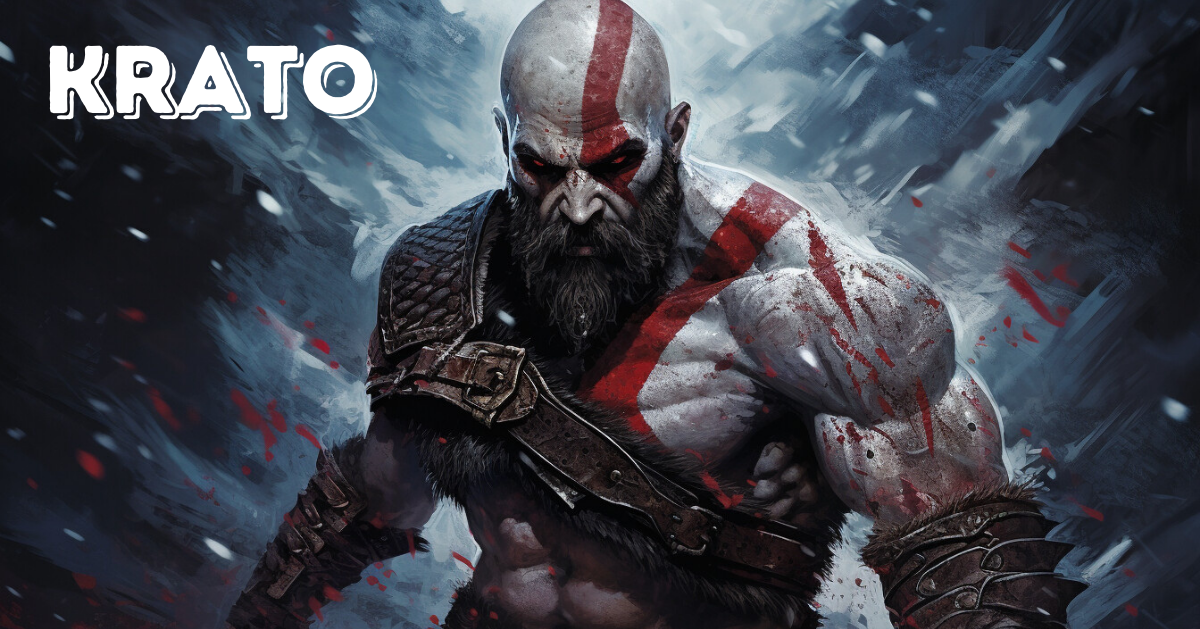Krato is a term that resonates with strength, resilience, and transformation. Whether you’re exploring its roots in mythology, gaming culture, or its symbolic philosophy, Krato represents an intriguing journey. Let’s unravel the layers behind this captivating concept.
The Origins of the Name Krato
The name “Krato” derives from ancient Greek origins. It is closely linked to “Kratos,” which signifies power, strength, and authority. This root encapsulates the essence of an unyielding spirit.
Krato in Mythological Context
In Greek mythology, Kratos is the personification of strength and authority. He is depicted as one of Zeus’s enforcers, working alongside deities like Nike (Victory). Kratos’s unrelenting nature symbolizes the resolve to overcome adversity.
The Rise of Krato in Modern Culture
The name Krato has found a modern resurgence, particularly in popular media. Its powerful connotations make it a symbol of might and determination.
Krato in Gaming: A Cultural Icon
Krato has become synonymous with the protagonist of the acclaimed game series God of War. This character embodies a complex blend of rage, redemption, and resilience.
Philosophy of Krato: Strength in Adversity
At its core, Krato is a philosophy. It represents the idea of embracing challenges head-on, using strength not just for survival but for growth and transformation.
Krato and Leadership Qualities
Kato teaches valuable leadership lessons. Strength combined with wisdom creates a leader who inspires and protects rather than dominates.
Symbolism of Krto in Personal Growth
On a personal level, Krto symbolizes the inner strength we all possess. It reminds us to channel our energy toward constructive transformation.
Krato’s Connection to Resilience
Resilience is one of the key messages of Krto. Like a phoenix rising from the ashes, it embodies the ability to recover and grow stronger after setbacks.
The Moral Complexity of Krto in Modern Storytelling
Modern interpretations, like in God of War, add layers of complexity to Kto. The character grapples with morality, regret, and redemption, reflecting the nuanced struggles of human life.
Lessons Krto Teaches About Control
Krto isn’t just about brute strength; it’s about knowing when and how to use power. Mastery of self-control is a recurring theme associated with this concept.
Krto as a Source of Inspiration
Many draw inspiration from Krto’s relentless pursuit of goals. Whether in personal, professional, or creative fields, its essence motivates individuals to push boundaries.
Why Krto Appeals Across Generations
Krto’s universal appeal lies in its timeless themes of struggle and triumph. It speaks to people of all ages, reminding them of their potential to overcome.
The Duality of Krto: Strength and Vulnerability
Krto embodies both strength and vulnerability. It acknowledges the challenges of life while celebrating the ability to conquer them.
How to Apply the Krto Philosophy in Daily Life
Incorporating philosophy means facing fears, embracing change, and building resilience. It’s about becoming the hero of your own story.
Conclusion
Krato, in its many forms, is more than a name or a character. It’s a symbol of strength, growth, and the enduring human spirit. Whether through mythology, storytelling, or Krato inspires us to embrace our power and strive for greatness.
FAQs
What does Krto symbolize?
Krto symbolizes strength, resilience, and the ability to overcome adversity.
Is Krto connected to Greek mythology?
Yes, Krto has roots in Greek mythology, representing power and authority.
How is Krto portrayed in modern media?
In modern media, particularly in gaming, Krato is depicted as a complex character grappling with personal struggles and redemption.
What lessons can we learn from Krto?
Krato teaches us about resilience, self-control, and using strength constructively.
How can I embody the philosophy of Krto?
You can embody Krto’s philosophy by embracing challenges, developing inner strength, and growing through adversity.

